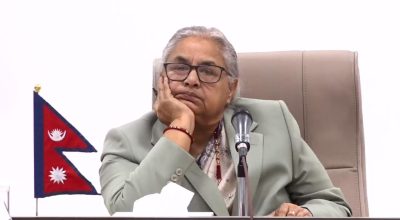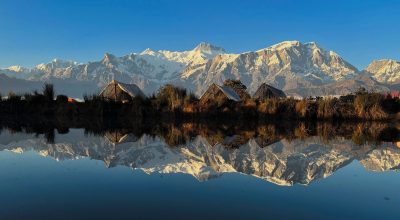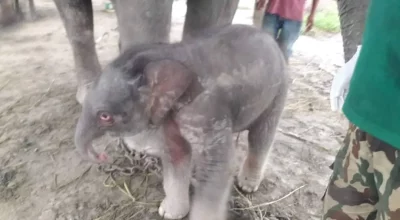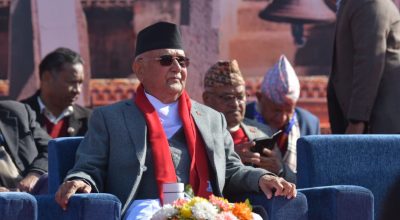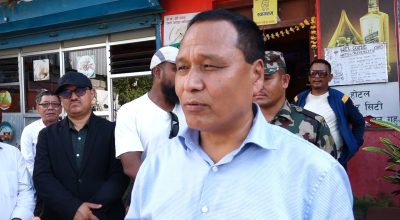
Surkhet : The government has listed the indigenous communities with traditional skills as the marginalized and minority groups. The communities that are categorized as ‘on the verge of extinction’ have been receiving social security allowance.
Among those facing extinction and receiving allowance are Raji, Raute, Kusunda, Hayu, Kisan, Lepcha, Meche, Kushbadiya, Surel and Bankariya. Rs 3,000 is provided per person from these groups as social security allowance every month.
Central Chairman of the Marginalized Community and People Facing Extinction, Lal Bahadur Raji, said both the federal government and State government need to pay special attention to the marginalized, minorities and the people facing extinction in Karnali State.
Raji viewed, “These three communities have been facing problems on their access to health and education. So, special scheme is imperative to ensure them health and educational rights,” he underscored.
These marginalized communities are living in Surkhet, Dailekh and Jajarkot districts.
Similarly, Kamala Bote from Gurbhakot municipality, complained that the government meted out discrimination to the marginalized community by not providing equal social security allowance to that of the community facing extinction.
“Bote people have more serious problems than that of minorities and those on the verge of extinction. But why discrimination in allowance,” she wondered.
Another Bote woman Pabidevi Bote said, “Isn’t is a sheer bias when State prioritizes more to one community to another. Bote people are backward in several fronts.”
Member of Ward No 4 at Barahtal rural municipality in Surkhet, Julphe Raji, further said although the rights of the marginalized, minorities and community in risk of existence were talked much at policy level, the voices of backward people were hardly heard at village assemblies.
—





